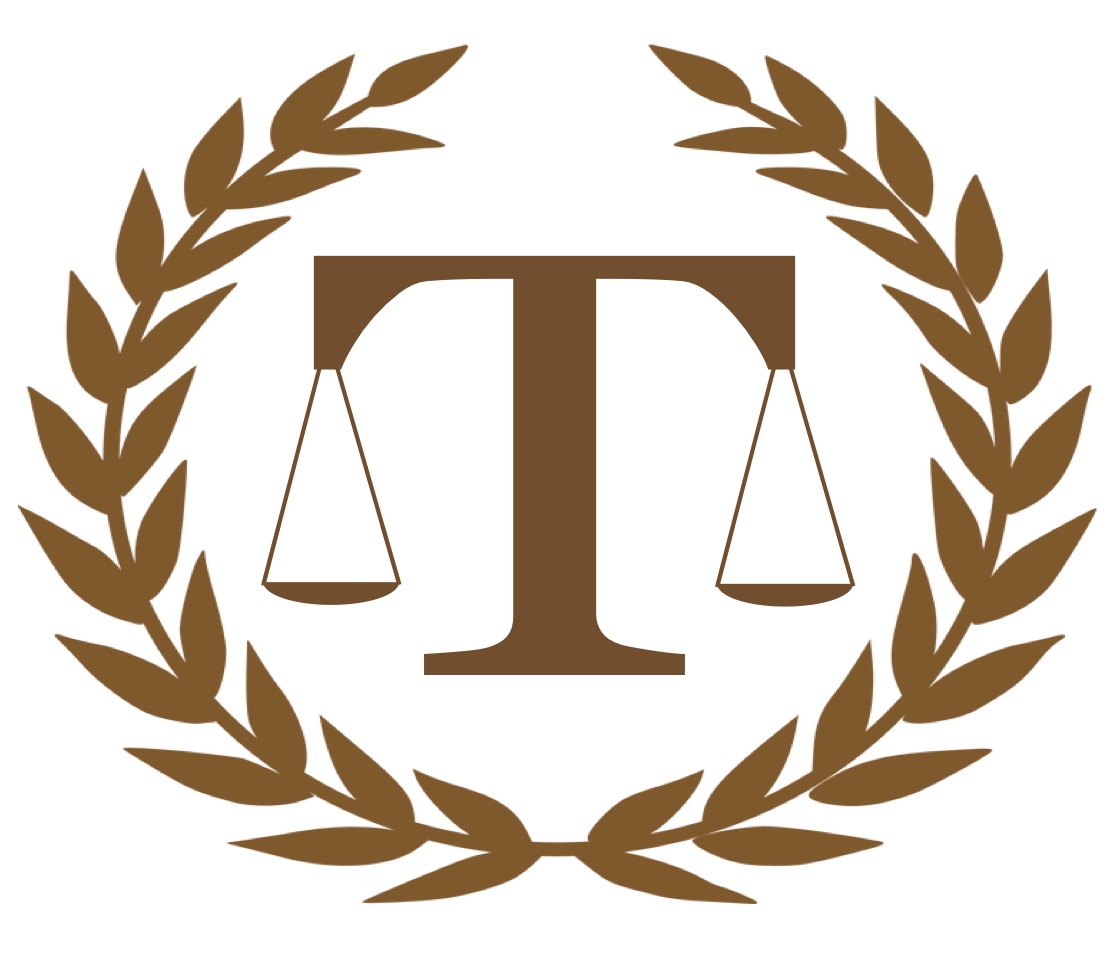
The Setting Every Community up for Retirement Enhancement Act (SECURE Act): Impact on Estate Planning
By Griffith “Hunter” Thomas II & Osayuki Michael Uwuigbe
The Secure Act (“Act”)
Congress has passed a new law, known as the SECURE Act, which became effective on January 1st, 2020. For the first time in a long time, Congress has made major changes to retirement plans. Some of the key features include: removing the IRA age limitation for contributions, shortening the payout period for beneficiaries of inherited retirement accounts, and extending the age that people are required to make minimum distributions from retirement accounts.
A short summary of some of the key provisions is provided below.
KEY PROVISIONS
1. Age Limitation Changes to IRA Contributions
For years, the law required people who had savings in IRAs to stop making contributions at the age of 70.5, but interestingly, you could still contribute to a Roth IRA. Today, the SECURE act would remove this age limitation on IRA Contributions. Now, individuals can continue contributing to an IRA after the age of 70 ½.
2. Modifications to Required Minimum Distribution Age from Inherited Retirement Accounts
Before this Act, Americans were required to take out minimum distributions (RMDs) from retirement accounts (e.g. 401(k) Plans) at the age of 70 ½. As of December 31st, 2019, this act would delay this requirement to the age of 72; excluding Roth accounts. As a result, this Act enables individuals who have reached the age 70 ½ to continue retirement account contributions received from earned income.
3. Significant Changes to Pay Out Terms for Inherited Retirement Accounts
Prior to the SECURE Act, Beneficiaries of inherited retirement plans such as traditional IRAs, and Roth IRAs, typically obtained distributions over their own life expectancy. Now, this new law requires individual beneficiaries to use a 10 year payout plan after the account owner’s death, effectively shortening the time period. Also, the act imposes a five-year payout for nonindividual beneficiaries. On the other hand, distributions from inherited retirement accounts are paid over the life of the owner’s spouse, disabled or chronically ill children (including grandchildren), as long as the child is not 10 years younger than the owner or has not reached the age of majority.
IMPACT ON ESTATE PLANNING
Review Estate Plan
An Estate Planning Attorney can review your estate planning documents, including but not limited to wills, trusts, power of attorney, as well as advise you on how your heirs will inherit from you. This will give you great confidence as to the well-being of your family or heirs after retirement. Consulting with an attorney will improve the effectiveness and structure of your inheritance.
Increase Required Minimum Distribution Age
It is important to consider the modifications to the required minimum distribution age from retirement accounts when Estate Planning. This act allows an individual to grow tax-deferred savings (e.g. 401(k), IRA) for a longer period of time. However, you will not be able to hold your money in retirement accounts indefinitely. The tax benefits will only apply if you do not take early withdrawals from your retirement accounts. Depending on your financial situation you may need to consider accessibility to emergency funds. An Estate Attorney can evaluate your circumstances and find the best solution for your retirement plan.
Beneficiary Designation Consideration
Proper estate planning should be diligently made in light of these shorter payout terms for beneficiaries. However, depending on who is the beneficiary of a retirement account will determine the length of time and structure in which the beneficiary will be paid out.
It may be worth considering contributions to Roth accounts during the life of the retirement account owner or contributing greater savings to life insurance. This will allow you to extend your pay out terms for designated beneficiaries. To that end, you should review the beneficiary designations on your retirement accounts and consult with an estate planning attorney to determine whether these distribution guidelines are appropriate for your situation. These designations are crucial because they take precedence over instructions of a will.




